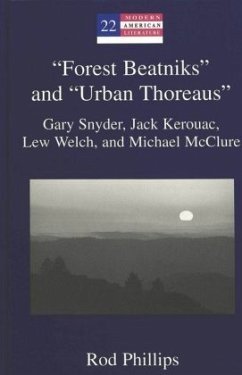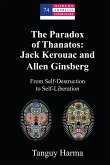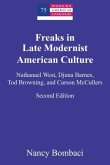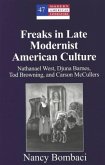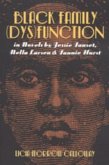The Beat Movement, which first rose to attention in 1955, has often been viewed by critics as an urban phenomenon -the product of a postwar-youth culture with roots in the cities of New York and San Francisco. This study examines another side of the Beat Movement: its strong desire for a reconnection with nature. Although each took a different path in attaining this goal, the writers considered here-Gary Snyder, Jack Kerouac, Lew Welch, and Michael McClure-sought a new and closer connection to the natural world. These four writers, along with many of their counterparts in the Beat era, provided a crucial spark that helped to ignite the environmental movement of the 1970s and provided the foundation for the development of the current "Deep Ecology" worldview.
"Rod Philips' essays gave me a keener sense of the import of my old friends' writings. They are a very useful introduction to the writings of Jack Kerouac, Michael McClure, Gary Snyder, and Lew Welch." Donald Allen, Editor of "Evergreen Review" and "The New American Poetry: 1945-1960" "The Beats have had an urban, late-night-jazz-club image, thanks to mass media coverage dating back to the fifties. Rod Phillips offers a deeper reading here, connecting Ginsberg, Kerouac, Snyder, and their colleagues to profound American currents of nature awareness." Thomas J. Lyon, Editor of "This Incomperable Lande: A Book of American Nature Writing" and "The Literary West: An Anthology of Western American Literature"

